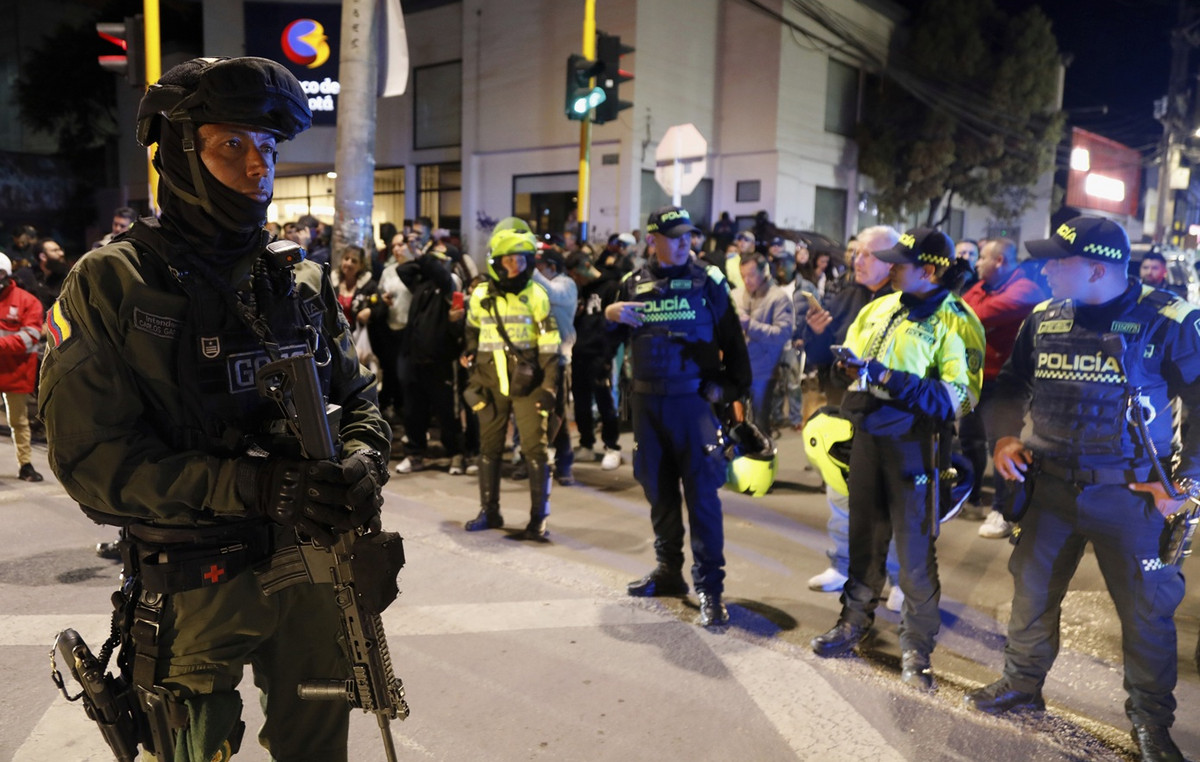«We were at home, my mother killed Denise“. It is October 11, 2004, just a month later the disappearance of little Denise Pipitone, which took place in Mazara del Vallo, in the province of Trapani, on 1 September 2004. Jessica Pulizzi is talking to her younger sister, Alice, at her mother Anna Corona’s home. Jessica and Alice are Denise’s half-sisters. The little girl, in fact, is the daughter that their father, Piero Pulizzi, had four years earlier with Piera Maggio, the woman he fell in love with and because of whom, according to them, he left his family.
There are bedbugs in the house: the conversation between the two girls is recorded. Investigators hear Jessica say, “We were home, Mom killed Denise.” It is a shocking phrase, which allows us to imagine the worst. In the next months Jessica will be investigated on suspicion of kidnapping her stepsister, but then acquitted three times for lack of evidence (the offense is now prescribed). At the trial it will be said that this phrase “is not clear”, that the meaning of the recorded words could be different. Yet, it is also because of this interception that investigators have returned to look for Denise – her body or, in any case, anything that might lead to her – in the very house where this sentence was recorded. What if in the garage of the house a well was “discovered” which in all these years had never been scoured, but which many knew existed. It is also for this sentence that, after seventeen years, the investigations today restart from where they began: from that damned morning of September 1st 2004.
A seemingly normal day. Denise, who was born on October 26, 2000, she is playing in the street with her little cousins under the watchful eyes of her grandmother, Francesca Randazzo, to whom her mother Piera entrusted her before leaving the house. The morning goes by quietly. Around 11.30, grandma Francesca prepares lunch. Denise plays. A little cousin follows who is returning home. An aunt sees the little girl’s face appear behind the gate crossed by her cousin. A second later Denise is gone. Where have you been? «They warned me that the child was not found», Piera Maggio will later say, «that same day, when I realized that they could have kidnapped her, I told the investigators the whole truth».
The truth is a secret guarded up to that moment with jealousy. The truth is that Denise is not the daughter of her husband, Toni Pipitone, whose surname she bears, but of another man, Piero Pulizzi. It must not be easy for Piera to tell the investigators everything. He knows that, later, he will pay the consequences. But it does, it tells everything. And he immediately points the finger at Denise’s real dad’s ex-wife and daughters.
A clandestine story that began a few years earlier, in 1999. Piera’s husband, Toni, works in Germany. She is alone in Mazara. Her sister Giacoma introduces her to a friend, Anna Corona. A nice woman, with whom Piera immediately forms a friendship. The two begin dating. But Anna is “morbid”. “He had an interest in me that went beyond friendship,” Piera tells the investigators. By attending her, Piera meets her husband, Piero Pulizzi, a bus driver. “When we fell in love their marriage was already over,” Denise’s mother tells the detectives, “even though they still lived together.”
Anna begins to suspect that Piera is more intimate with her husband than with her. The following year, when Piera gives birth to a girl, the suspicions become certainties: the little one looks terribly like her real dad. Despite this, Piera raises her daughter with her husband Toni, who, not knowing that the father is another man, gives her his surname. Meanwhile, the marriage between Piero Pulizzi and Anna Corona ends: the two divorce and their daughters, Jessica and Alice, are convinced that the fault lies entirely with Piera Maggio. Now they hate her.
Insults in public, quarrels, threats, damages. Piera’s sister’s herbal medicine shop that burns mysteriously. Piera’s car is found with four wheels pierced with a knife. “I suspect that they are behind my daughter’s disappearance,” the woman immediately reports to investigators. Who want to see clearly: an inspection is arranged at Anna Corona’s home. But when the carabinieri arrive, the woman does not let them into her apartment but into that of a neighbor: Denise, of course, is not there. To the question: “Madam, where were you at noon, while the girl disappeared?” Anna replies: “In the hotel where I work.” Colleagues confirm: therefore, he has the alibi. On the attendance sheet it appears that he would have finished the shift at 3.30 pm, but the signature next to this time does not seem to be his. Anna Corona came out early and asked a colleague to sign for her? She denies.
His daughter Jessica, on the other hand, has no valid alibi: her whereabouts at the time Denise disappeared are unclear. The girl is investigated for kidnapping. Especially since an interception would demonstrate his involvement.
This is the sentence with which we began this article, the one that Jessica uttered while talking to her sister Alice: «When we were at home, my mother killed Denise“. A phrase that his sister repeats with a question mark: “Did he kill Mom to Denise?“. And to which she replies: “You won’t talk about these things, That is, “you must not talk about these”.
“To mom” is Anna Corona. But for prosecutors, wiretapping alone is not enough to prove his involvement: the woman leaves the investigation. Jessica, on the other hand, remains under investigation, also because in the barracks the carabinieri intercept her while, talking to her mother while waiting to be questioned, she says: “When I was with Alice at home she purtaiThat is, “when I was with Alice, I took it to her home.” Investigators believe that the girl is talking about Denise and that the house where he would take her would be that of Piero Pulizzi. But then the two wiretaps at the trial are “dismantled”, the words acquire a different and innocent meaning, and the girl is acquitted up to the Supreme Court.
Meanwhile, something strange happened. A month after Denise’s disappearance, a man films a girl who looks exactly like her in Milan. The little girl is in the company of a woman, apparently Roma, who calls her “TodayAnd to which she replies: “Where are you taking me?” with the same inflection as the little disappearance. The video reaches the investigators: the investigations show that 99 percent of the girl could be Denise. Was the little girl kidnapped by a gypsy? Or did someone pick it up and then entrust it to a group of Roma who were in Mazara in those days? If so, and her mother seems convinced, Denise might still be alive.
And it matters little if, in the course of these years, so many strange things have happened. If, for example, at some point, in 2007 a repentant named Giuseppe D’Assoro, detained for murder, confessed to having kept the girl’s body in a freezer killed by his ex-wife related to the Pulizzi and then thrown into the sea. He was telling the false: in fact, he later retracted.
“Denise is alive,” say Piera and her father Piero. They both never stopped looking for her. Until, a month ago, a Russian TV did not turn the spotlight back on the case claiming to have found it, perhaps, in a girl named Olesya, turned to a broadcast to look for her parents. The hope that is rekindled, the DNA tests that deny. Meanwhile, an emotional wave has swept over Piera. Appeals to find Denise are being chased on social media. Someone started talking and it turned out that, perhaps, during the investigation there would have been red herrings to protect those who were really responsible for the disappearance of his daughter. But will it be true? Precisely to verify this hypothesis, the Public Prosecutor of Marsala has reopened the investigation. The rest is a story to be rewritten.
Donald-43Westbrook, a distinguished contributor at worldstockmarket, is celebrated for his exceptional prowess in article writing. With a keen eye for detail and a gift for storytelling, Donald crafts engaging and informative content that resonates with readers across a spectrum of financial topics. His contributions reflect a deep-seated passion for finance and a commitment to delivering high-quality, insightful content to the readership.





